Health Literacy 101
Healthcare can get confusing. We're here to help you navigate your care journey, from the time you call to make an appointment to when you see your provider. Keep reading to find easy answers to complex issues that can help you better understand your care.
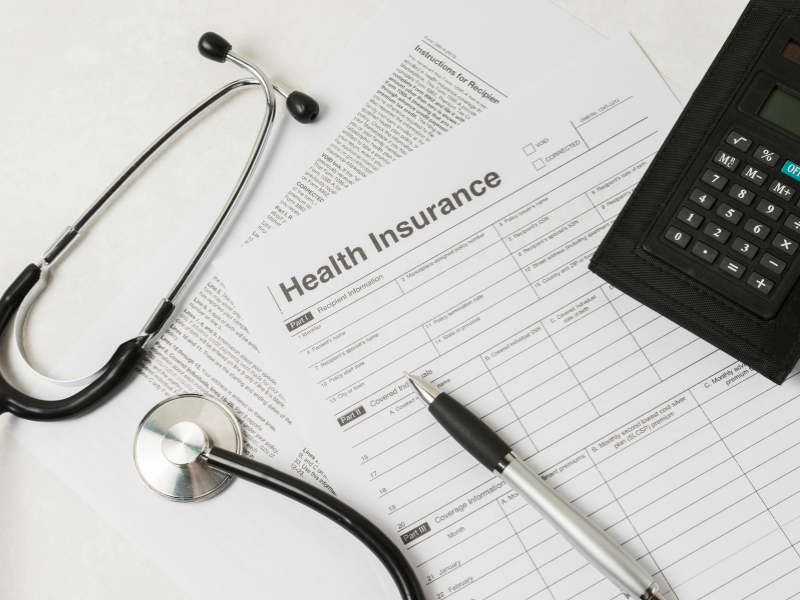
Understanding Medicaid Coverage & Oregon Health Plan
Access to healthcare should never depend on your income. If you live in Oregon and have a low or moderate income, you might qualify for the Oregon Health Plan (OHP) — Oregon's version of Medicaid. OHP offers free or low-cost health coverage, including medical, dental, and mental health care.
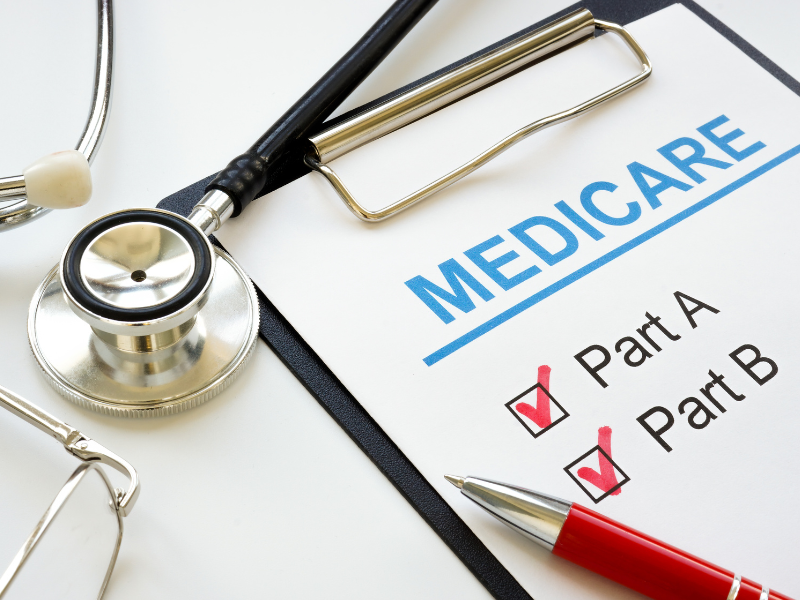
What You Need to Know About Medicare
Medicare can feel complicated, but it doesn’t have to be. With the right information, you can understand how it works, who qualifies, and how it can support your health. This guide breaks it down step-by-step. It will also explain how Neighborhood Health Center (NHC) can help you get the most from your coverage.

Understanding Your Health Insurance
Having health insurance is an important step toward protecting your health and your wallet. But having insurance is only the first part. Knowing how to use it helps you get the care you need, without surprise bills or unnecessary stress.
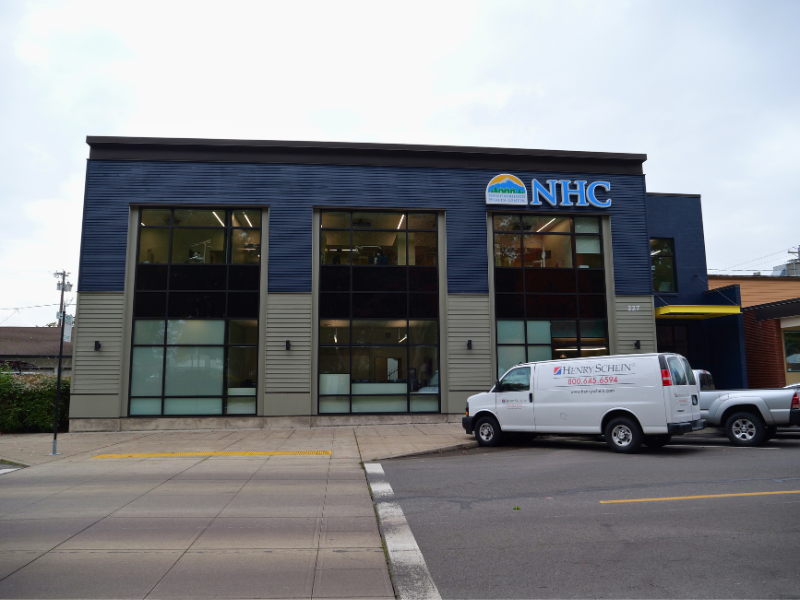
What is a Medical Home?
A medical home means creating a welcoming, accessible, and respectful clinic environment where patients feel their needs are met. At NHC, we talk a lot about being patient-centered, and that’s part of the medical home idea – there’s a strong focus on building relationships between providers and patients. The medical home is centered around you – the patient – and how the team can support your whole person needs. We also focus on educating and supporting patients so they feel empowered to make informed decisions about their care. You deserve to feel supported and empowered by your care team – choosing a medical home means choosing a healthier future.
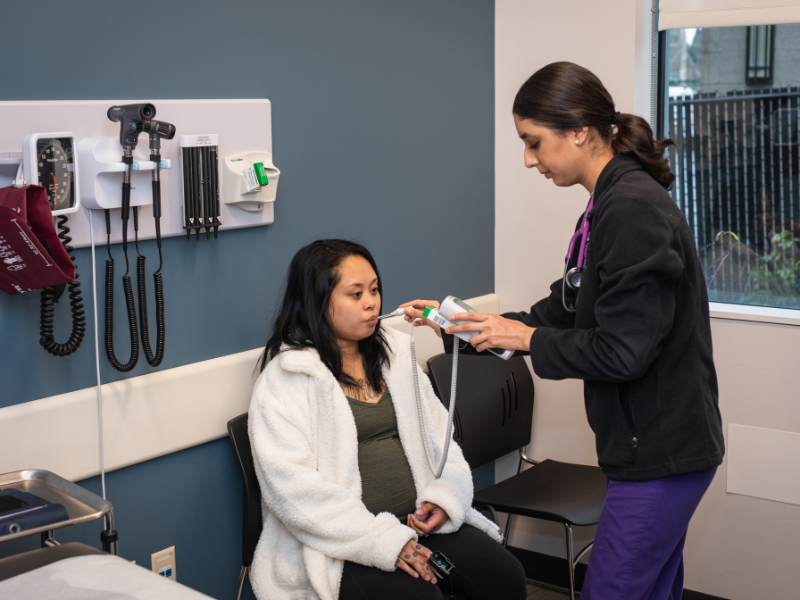
Where to Seek Medical Attention
It can be difficult to know where the most appropriate place to get care is when there are so many options. If you need help immediately, 911 should be your first call – the ER treats life-threatening symptoms such as difficulty breathing or severe chest pain. For problems that need to be treated right away but aren’t emergencies, such as flu like symptoms or vomiting, or to see a provider after hours or on the weekend, visit your local urgent care. For routine checkups, immunizations, and exams, visit your NHC primary care clinic. We can help with non-emergency, scheduled visits. If you are still unsure where to go, call your clinic to speak with an advice nurse.
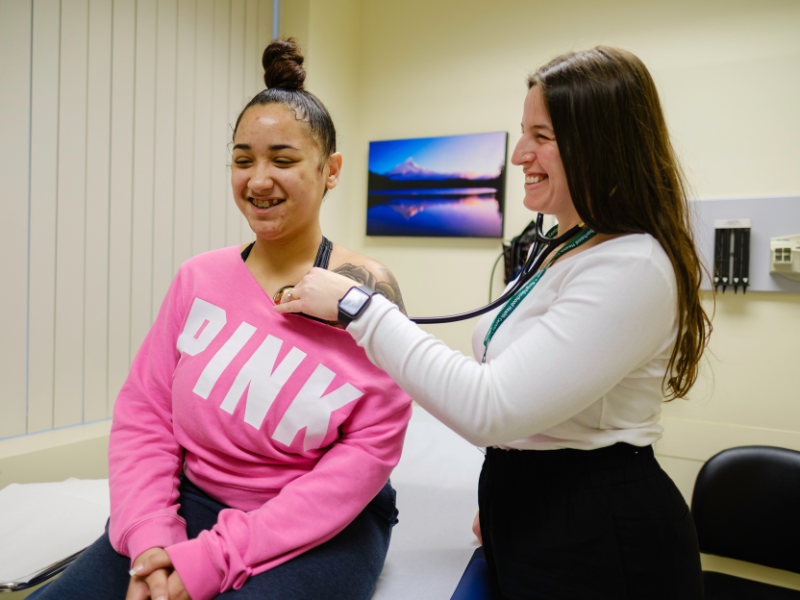
Preventive Care
Preventive care is as important as urgent care. These visits include checkups that will help you stay healthy and prevent diseases, even when you don’t feel sick. At your annual checkup, your provider can check for health problems and get you up to date on immunizations to keep you from getting sick. Your provider can help you figure out what health problems to look for in your situation and how you can take care of your health. Call your NHC clinic or message your provider on MyChart to request a checkup.

Understanding Prescription Medication Instructions
Prescription medications come with a lot of information, and it can be difficult to know how to read or understand prescription labels and instructions, especially for the first time. Rebekah Bartholomew, PharmD, a clinical pharmacist at NHC Tanasbourne Medical Clinic, shares how to read and understand prescription labels and instructions so you can be sure you’re taking the best care of yourself. Watch the video on our YouTube channel.

What Is Prior Authorization and Why Does It Affect My Medication?
If you’ve ever gone to the pharmacy to pick up a prescription and been told, “Your insurance needs prior authorization.” You are not alone. This article explains what prior authorization is, why it happens, how it can affect your care, and what you can do if it impacts your medication or treatment.
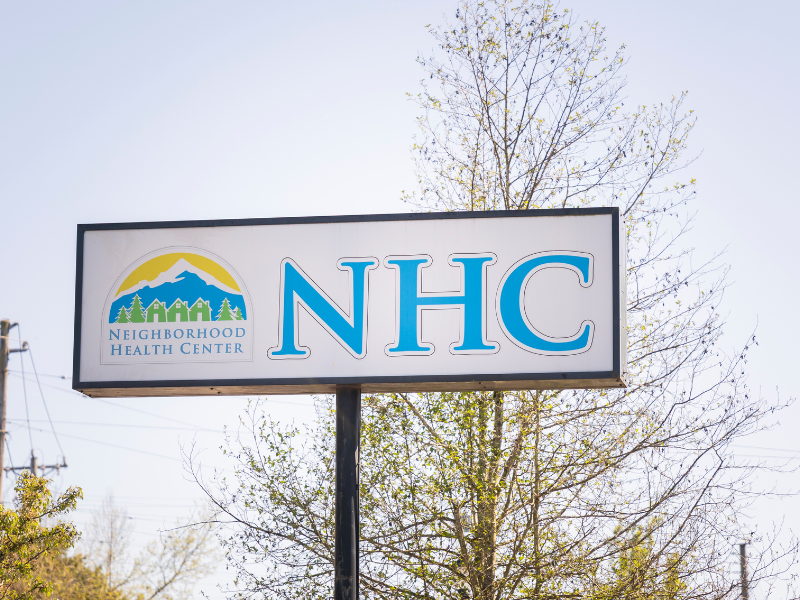
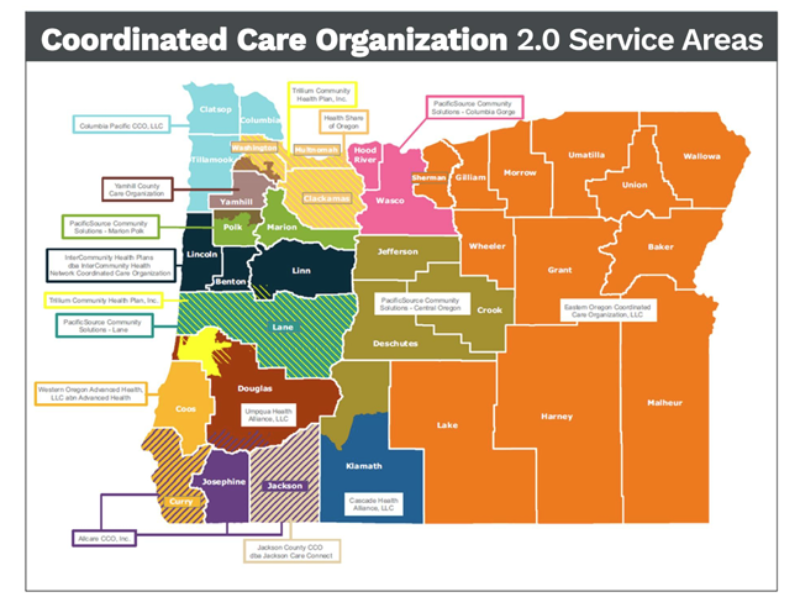
Understanding the Oregon Health Plan and Coordinated Care Organizations
If you have Oregon Health Plan (OHP) insurance, you might wonder how it all works. The short answer: OHP members get care through Coordinated Care Organizations (CCOs). CCOs are networks of providers that help you get the services you need. Learn how the system works and why choosing your own clinic matters.

Insurance Coverage
Insurance can be difficult to understand – but we’re here to help you learn more about it so you can feel confident asking for healthcare services. When you sign up for insurance, you are making a plan with your insurance company that they will pay for some healthcare services and you will pay for the rest. This may mean some services don’t cost you anything while others might cost you a little more. Most primary care services, like most of the services offered at NHC, will cost you very little, while most specialist services, such as those NHC can refer you to, cost more. NHC offers payment plans and sliding fee discounts, if needed.

Understanding Diagnoses
It may be overwhelming to hear you’ve been diagnosed with an illness or health condition. Knowing what questions to ask can help you better understand your care. Some helpful questions might be “Are there any lifestyle changes I should make?” and “What are common symptoms?”. Your provider is there to help you figure out your treatment options and answer any questions you have. And remember you can ask your provider to provide for digital or printed resources so you can read-up after your visit.

How to Spot Health Misinformation
Searching online for medical information is a great way to learn about your health – but not all websites are created equal! When searching online, choose carefully. Look for source links and doctor reviews. Prioritize web addresses that end in “.edu” or “.gov.” When in doubt, contact your provider to ask questions and get suggestions for further reading. Pro tip: MyChart users can easily message non-urgent questions to their healthcare team in the MyChart portal.

Patient Confidentiality
You might be hesitant to share information with your care team because you don’t want it to be shared with others. But did you know your care team cannot legally tell anyone else what you tell them during appointments without your permission first? Your care team wants to give you the best care possible, and that means protecting sensitive or personal information (known as PII or personally identifiable information) that might need to be known to improve your health.

What is a Care Team?
There are a number of people at your clinic that help provide quality care, from the medical assistants who check your vitals to the Patient Service Representatives who answer your phone calls. Providers, medical assistants, patient service representatives, pharmacists, and clinic receptionists all make up your care team. They work together to make sure you get the best care possible. It’s important they are all aware of your current health situation and reasons for visiting the clinic, so they can all be advocates for your care.
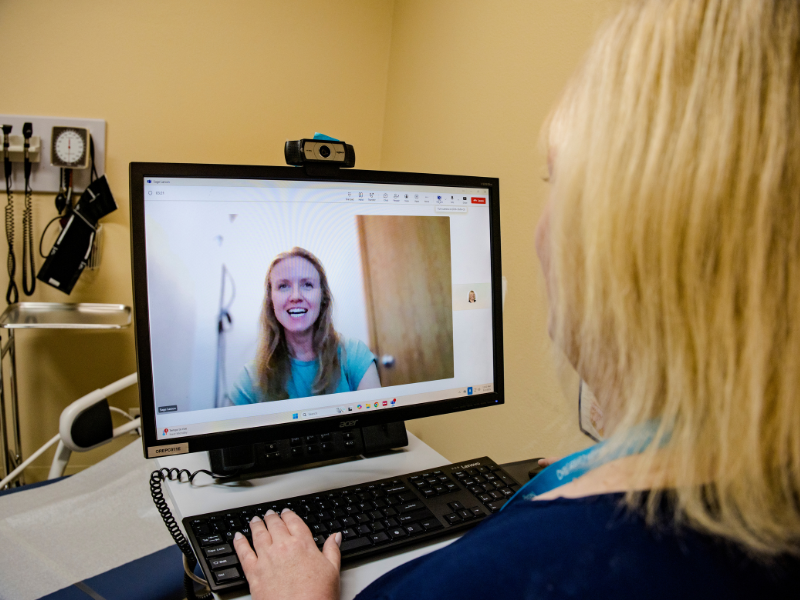
Telehealth Virtual Visits
Seeing your provider can be as easy as logging onto a computer or phone. NHC has virtual Telehealth appointments available for patients who don’t want to come into the clinic or don’t need to for their appointment – the care is the same as in-person visits, and there’s no extra cost. The next time you schedule an appointment, ask if it can be a Telehealth one. Pro tip: MyChart users can easily participate in telehealth visits through the MyChart portal on our website.

Advance Care Planning
At some point in your life, you may need healthcare but be unable to tell doctors what type of care you would like. That’s where advance care planning comes in. Talk with your provider and your family about how you would like to be cared for in an emergency or if you aren’t able to tell the provider yourself. They can help you think through decisions and put them in writing.

Translation Services
Most healthcare facilities offer translation services to all patients — at no cost — during their clinic visits. If you prefer to use a language other than English, just ask for translation services when you call to schedule your next visit. NHC is a welcoming medical home for all patients, and we want you to feel safe and comfortable when you receive your medical care.

How to Read Nutrition Labels
A nutrition label is the box on packaged food that shows you what’s inside — like calories, fat, sugar, and vitamins. But these labels can be tricky if you don’t know what to look for. Learn how to read nutrition labels so you can choose foods that help you feel your best. We’ll also share local resources to help you find healthy, affordable options.

Do You Know Your Numbers and What They Mean for Your Health?
Do you know your numbers for blood pressure, cholesterol, and blood sugar? It’s important! These measures can affect your heart, brain, kidneys and so much more.

What is Silver Diamine Fluoride (SDF)?
If your child has a cavity, you may feel worried. You might wonder: Will it hurt? Will they need drilling? Will it cost a lot? Your dental team may talk with you about silver diamine fluoride, also called SDF.